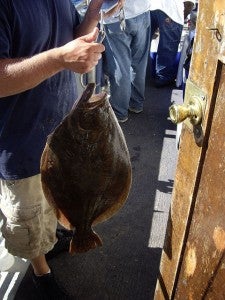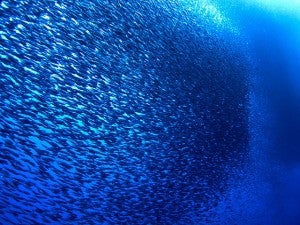
photo credit: Michael McDonough via photopin cc
Recently a US Senate subcommittee held a hearing entitled “Developments and Opportunities in US Fisheries Management,” with testimony by federal, regional and state officials that focused on the need for collaboration in fisheries management and decision-making based on sound science. More than two and a half hours of testimony and questioning by Senators focused on the role of science and the Magnuson Stevens Act in effective management of our nation’s fisheries, especially summer flounder or “fluke.”
New York and New Jersey have long been embroiled in an interstate conflict over what New York Senator Chuck Schumer has called “our decades long fight to bring fairness, flexibility, and accountability into the management of summer flounder.” To that point, a reoccurring theme in the testimony was that effective fisheries management requires high quality data and regular stock assessments. This notion was also echoed at a House Natural Resources Committee hearing a week earlier.
What is clear in the early hours of debating MSA’s reauthorization is that stakeholders across the board are focused on a common top priority – simply, good science is fundamental to good management. This reality is at the core of the interstate summer flounder battle, with NY arguing that the use of outdated data has led to an unequal allocation of fish between states. Read More
